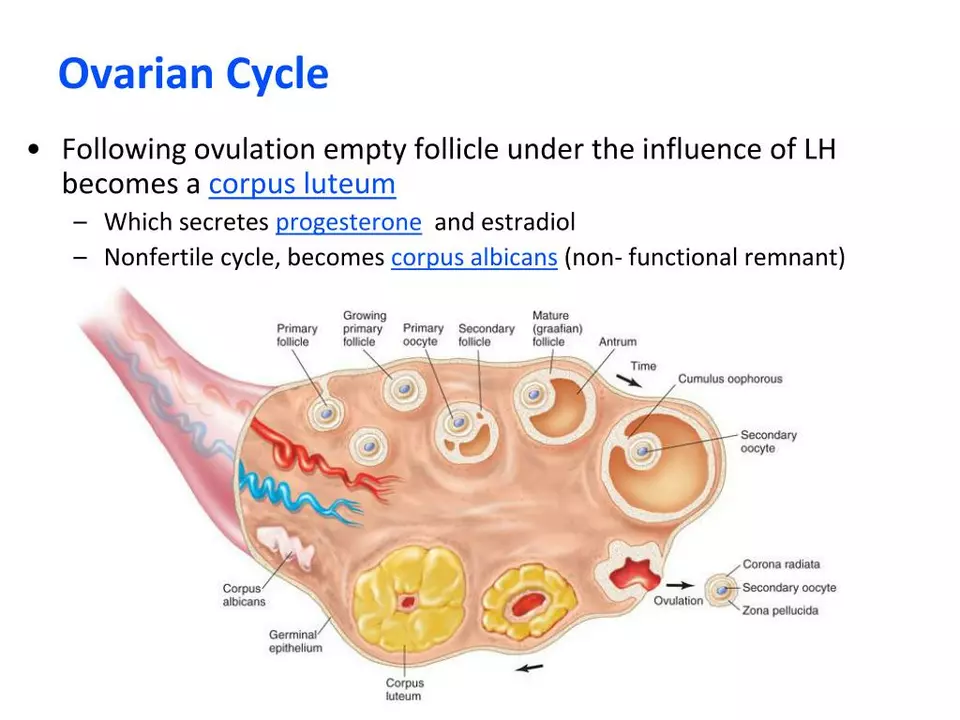Hormonal imbalance: what it looks like and what to do
Feeling off but not sure why? Hormonal imbalance can show up as tiredness, weight shifts, mood swings, hair loss, or changes in your period. Those symptoms often point to a gland or hormone that’s out of sync — thyroid, insulin, cortisol, estrogen, progesterone, or testosterone are usual suspects. This page gives straight answers: common signs, likely causes, basic tests, and practical steps you can take now.
Common causes and signs
Different hormones cause different problems. Here are clear examples so you can match what you feel to possible causes:
- Thyroid issues: unexplained weight gain, cold sensitivity, dry skin, slow thinking or constipation. If you suddenly feel sluggish and bloated, check thyroid function.
- Sex hormones: in women, irregular or heavy periods, hot flashes, mood swings, and thinning hair can come from estrogen or progesterone shifts (menopause, PCOS, or perimenopause). In men, low testosterone often shows as low libido, low energy, and muscle loss.
- Insulin: frequent hunger, weight gain around the middle, and high blood sugar readings suggest insulin resistance — a key driver of type 2 diabetes.
- Cortisol (stress hormone): chronic fatigue, trouble sleeping, belly fat, or anxiety can mean your cortisol rhythm is off from long-term stress or poor sleep.
Tests, treatments, and practical steps
First step: track symptoms and get a basic panel. Ask your doctor for TSH and free T4 (thyroid), fasting glucose and HbA1c (blood sugar), and if relevant, sex hormone levels and cortisol. A clear test makes treatment simpler.
Simple, effective fixes you can try today:
- Sleep: aim for consistent bedtimes and 7–8 hours. Poor sleep disrupts cortisol and insulin.
- Move regularly: 30 minutes of brisk walking most days helps insulin sensitivity and supports hormone balance.
- Eat with purpose: reduce refined carbs, add protein and fiber at meals to stabilize blood sugar and appetite hormones.
- Reduce stress: short daily practices — breathing, a 10-minute walk, or turning off screens before bed — lower cortisol over time.
- Check medications and supplements: birth control, steroids, or certain antidepressants can change hormones. Talk to your prescriber before switching anything.
When to see a specialist: if symptoms are severe, sudden, or linked to major weight loss/gain, fainting, very irregular bleeding, or mental health decline, see an endocrinologist or your primary doctor. Some conditions need hormone replacement or specific drugs, and a specialist can tailor the plan.
Hormones can feel mysterious, but many imbalances respond to straightforward tests and practical steps. Track what’s changing, get basic labs, and start with sleep, movement, and smarter eating while you work with a clinician on next steps.

